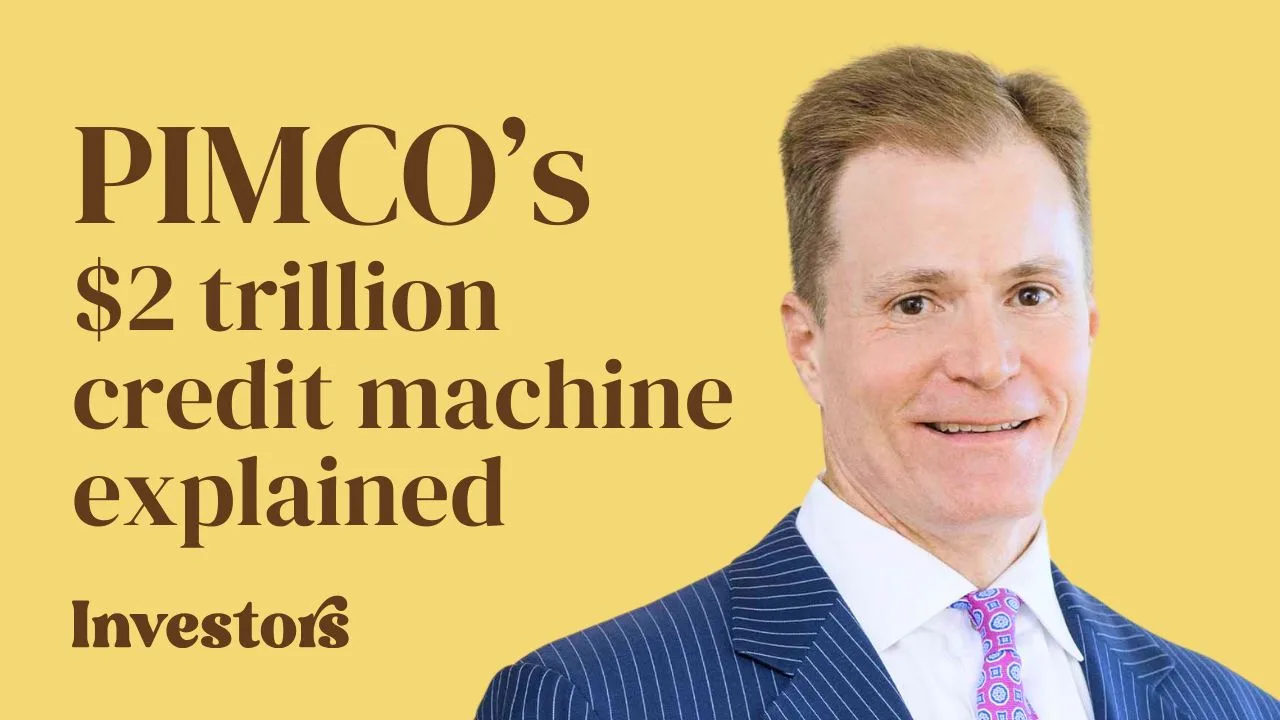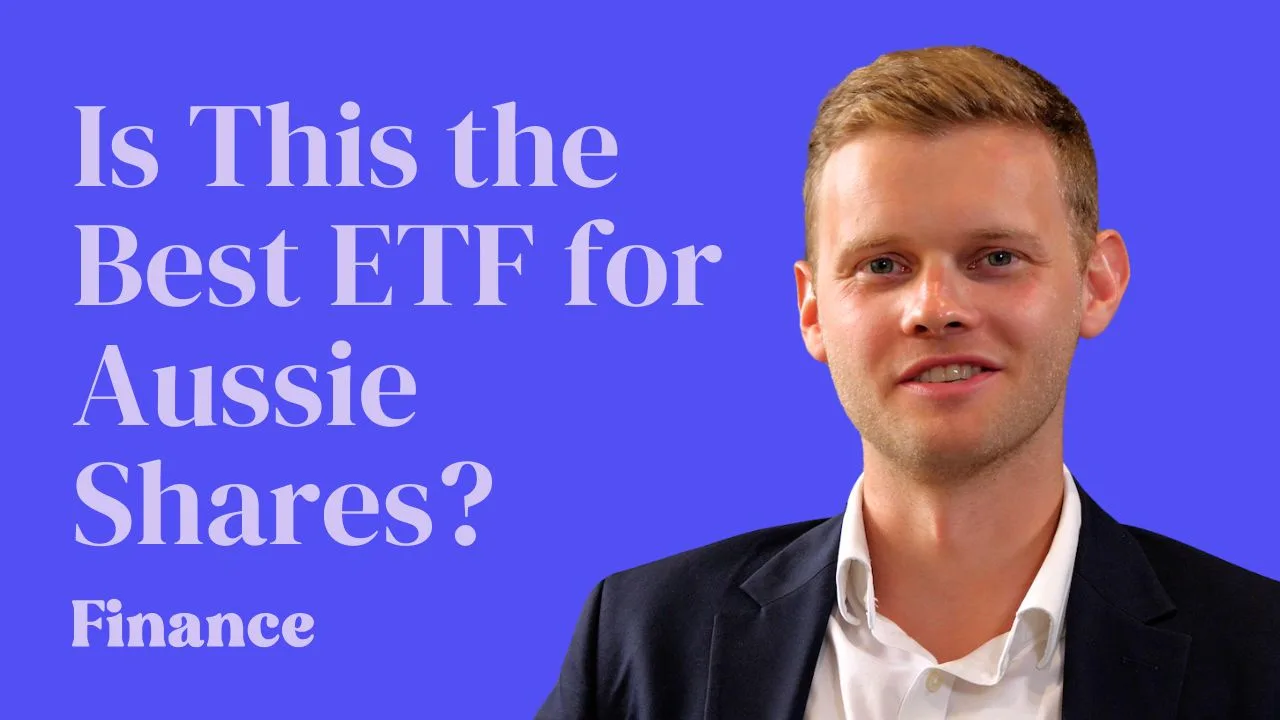After 6 years in Government and 1 week out from an election (coincidence?), the LNP has all of a sudden acknowledged that something needs to be done to help first home buyers and on the weekend surprised everyone by announcing the First Home Loan Deposit Scheme.
I’m all for helping first home buyers (I imagine I’ll be one at some point in time) and acknowledge that saving a 20% deposit is one of the biggest hurdles however I think this new proposal is bad policy but arguably good politics. So much so Labor swiftly matched the policy so it looks like we’ll be stuck with it in one form or another.
So what does the Governments modelling tell us about the policy?
The treasurer has tried to wriggle out of answering any questions around modelling as it appears none was done. He instead used language like “we’ve been talking to people in the industry” AKA the property industry designed this policy. I like a 10 pack of nuggets as much as the next guy but this is the equivalent of McDonald’s proposing healthy eating guidelines.
Since the announcement, just about every analysis I’ve seen from respected (and independent) economists suggest it can only lead to higher prices. Scott Morrison, when asked if it’d increase prices, said: “I don’t want them to go down”.
Hmm…
But I’ll save money on Lenders Mortgage Insurance (LMI), so how is it bad?
You will, but so will lots of people and this will create extra demand and higher prices.
People are funny, they understandably don’t like to pay $20,000 in Lenders Mortgage Insurance (LMI) on an $800,000 property but they’ll happily pay $820,000 for the same property if this is the price that the market thinks it’s worth. In reality, the debt, repayments and interest are exactly the same.
A 20% deposit is hard to save (particularly in a capital city) however this hurdle is there for a reason and the habit of saving for a deposit is a skill that must be demonstrated before committing to a 30-year debt.
In a declining property market (like some capital cities are currently in), a 5% deposit can be wiped out in a matter of months and often would be wiped out immediately when factoring in costs, regardless of what the market does. This puts you into a situation where you owe more than the property value and is a scary situation called “negative equity” where you could be stuck in the house until prices recover or be forced to sell at a loss if you’re unable to keep up with the repayments, potentially leading to bankruptcy.
Society and the Government like to tell us that home ownership and success go hand in hand however home ownership isn’t the only path to financial freedom and it’s ok to rent.
So, what’s the solution?
I don’t pretend to have all of the answers but I do know that the answer to fixing housing affordability isn’t to make them more expensive. Like most things in society, for someone to win someone has to lose so the only relief for first home buyers will come when the value of peoples homes come down.
The property market and confidence in the property market plays a massive part in our economy so the conspiracy theorist in me suspects that neither party will ever introduce measures that deliberately harm the housing market in a meaningful way to benefit first home buyers.
[ls_content_block id=”18503″ para=”paragraphs”]





